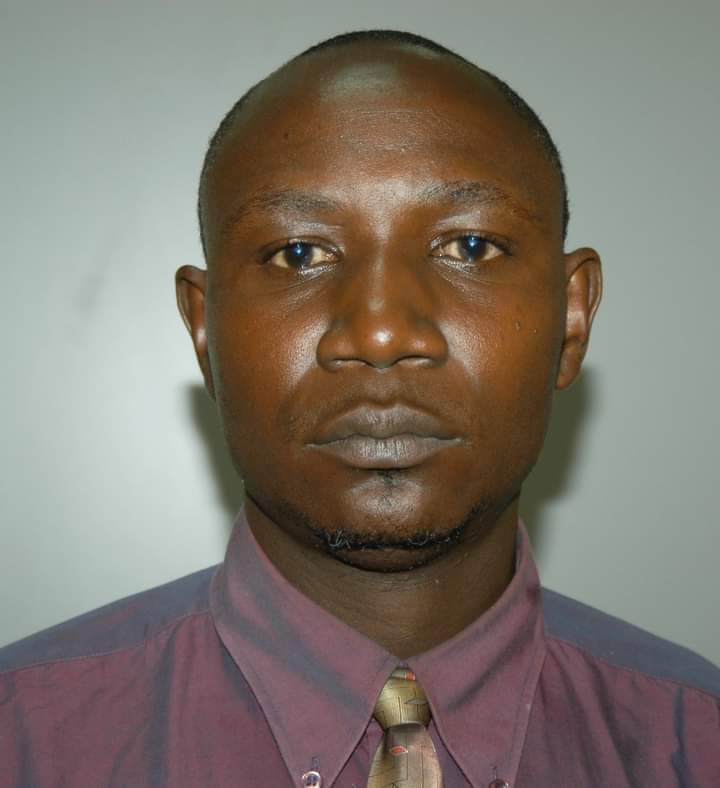By Ahmed Katerega Musaazi
How are Uganda’s successful politicians? Have they stuck to one party, one ideology, one strategy, or they have changed with times? If they have changed, did they do it out of belief or out of opportunism. There we can have an answer for Chairman Mao.
The early nationalists like Kabazi Miti of Bataka Party and Federation of Bataka who were contesting Buganda Agreement of 1900 for poor distribution of land basing on officials and chiefs other than clan leaders, Omutaka Ssemakula Mulumba, who was Roman Catholic brother that championed their position in London, fighting East Africa Federation proposal and introduction of Kiswahili as lingua franca, Ignatius Musaazi of Baana Ba Kintu, African Farmers Union, that were involved in 1945 and 1949 riots, and the father of modern cooperative movement in Uganda (the cooperative movement had started in 1913 according to the song; Obwegassi by Dan mugla-1977), based on parishes.
He later formed the first political party in Uganda, Uganda National Congress in 1952, and when it broke into factions including one after him another under Jolly Joe Kiwanuka and another under Obote, and then Uganda National Union and Uganda People’s Union, he was one of the founder members of Uganda People’s Congress in 1960, and supported Kabaka Yeka and became a member of Buganda Lukiiko on KY ticket, where he opposed a resolution expelling Uganda Government from Buganda soils during 1966 crisis. In 1980, he joined UPM and subsequently NRM and when he died in 1990, he was declared a national hero and buried at National Heroes Corner where Prof. Yusuf Lule, a former President and first Chairperson of NRM , was buried.
Then Abu Mayanja, the great crosser. A fonder Secretary General of UNC in 1952 as a student at Makerere, expelled but given a scholarship by the colonial government and criticized autocracy at Mmengo, returned joined Buganda Government as Education Minister, founder member of UPC and KY, joined DP in 1980 and NRM in the liberation struggle where in career he was Minister of Education and later labor during Idi Amin regime, and Minister and Deputy Prime Minister with many portfolios during NRM Government.
Milton Obote, starting in Kenya African Union in Kenya where he was Jomo Kenyatta’s secretary, was smuggled back to Uganda by the British where he joined UNC and became a member the of Legislative Council opposing early independence until Northern Uganda is developed, part of UNC factionalism and became founder President of UPC in 1960 made alliance with KY and lead Uganda to independence in 1962, abolished kingdoms became President, returned to Presidency with help of Tanzania in 1980 after the ouster of Idi Amin regime in 1979, was ousted by his own army again in 1985 as it was the case in 1971. He learned nothing and forgot nothing.
Ben Kiwanuka, Mutesa’s personal friend in London, according to Abu Mayanja, joined DP in 1956 as President General, won the controversial 1962 elections boycotted by Buganda, formed a self-rule government but was defeated in 1962 by UPC –KY alliance, ended up Cief Justice under Idi Amin, before he was killed in 1972 criticizing detention of civilians in army barracks.
Yoweri Museveni, starting as a youth winger in DP for nine years and in UPC for five years as Secretary for Research in the Office of the President, formed FRONASA to fight Amin, joined forces with the rest in 1979 to form UNLF umbrella where he was a Minister or Defense and Vice Chairperson of Military Commission formed UPM in 1980 and sod for Presidency, and lost in a massively rigged election and waged a five-year people’s protracted war under NRM/NRA and liberated Uganda in 1986 became a President under a Movement system for 20 years and under multi parties since 2006.
The list could be endless but as for DP Presidents General, only Yakobo Kasolo and Matayo Mugwanya, are not said to have made the alliances. Ben Kwanuka found himself serving under Amin, who personally persuaded him, and according to Simon Mwebe, it was Wannume Kibedi, that tainted Ben to Amin as Kibedi wanted to be the President in post-Amin era.
Paul Ssemogerere served under UNLF , Military Council and NRM until 1996, Sebaana Kizito the same, and Mao could not be exceptional.
What we are waiting for, is that will the cooperation be strong as it was the case between 1986 and 1996 in a broad based government as Mao sloganeers so much on transitional government and government of national unity, or , like the rest including Moses Ali, Aggrey Awori, Beti Kamya, he will get integrated as an individual or a group of individuals.
Strategically, the position of Minister of Justice and Constitutional Affairs, which was once held by DPs under NRM like Joseph Mulenga and Bart Magunda Katurebe, and CPs like Mayanja Nkangi, can have an impact for constitutional and electoral reforms. While the main Opposition is condemning the man, his home Northern region is jubilating. Let us sing with Kwame Nkrumah: Forward ever back ward never.
Haji Ahmed Kateregga Musaazi id DRCC Masaka City in charge of Kimaanya Kabonera Division.


